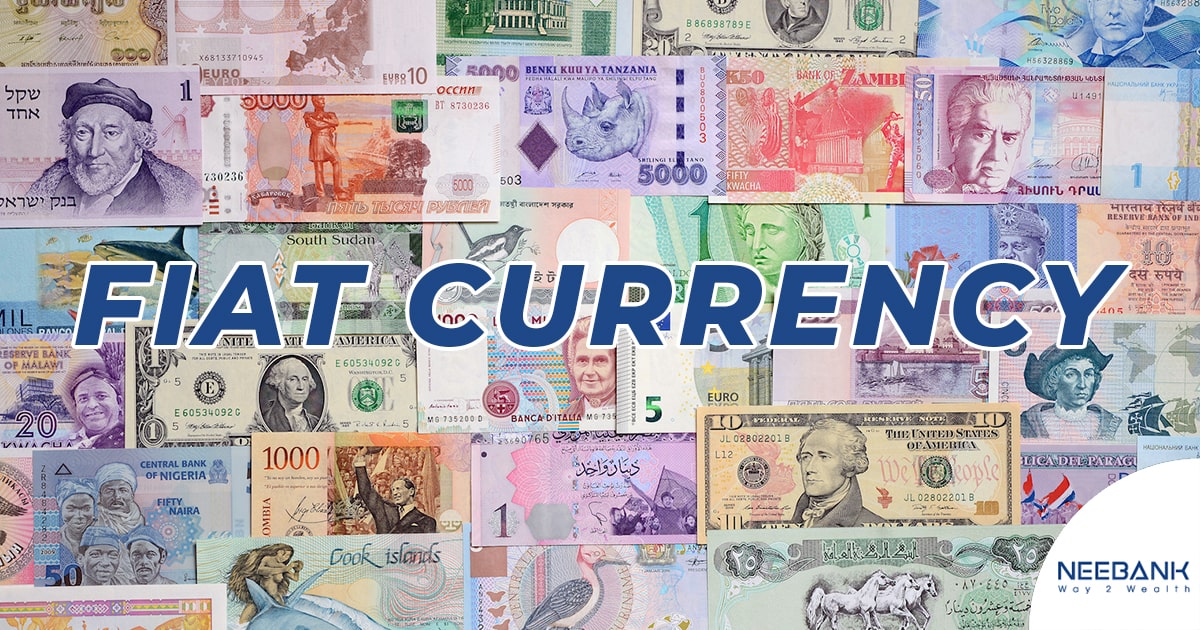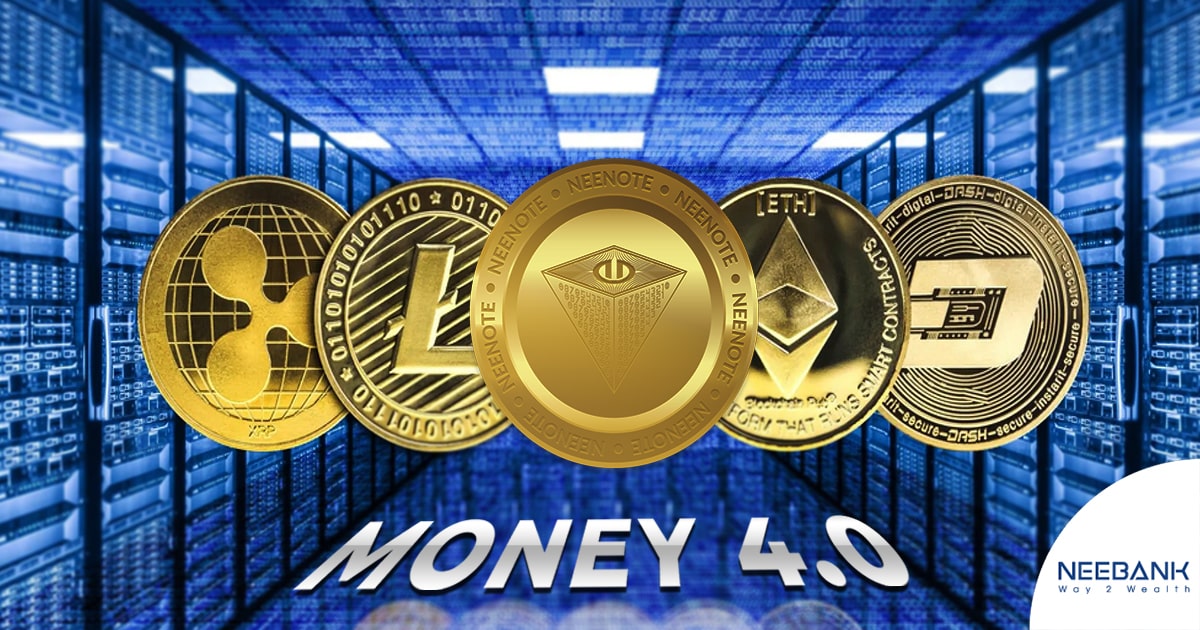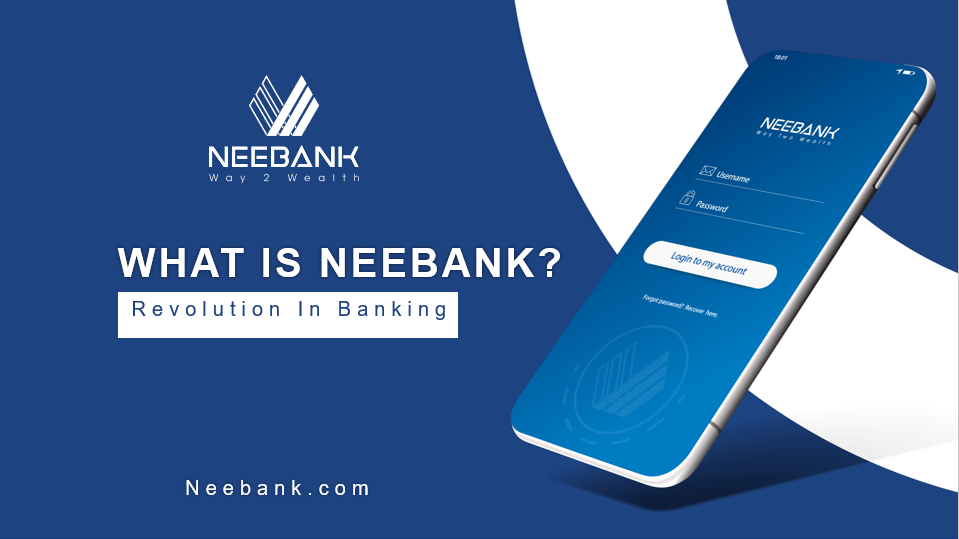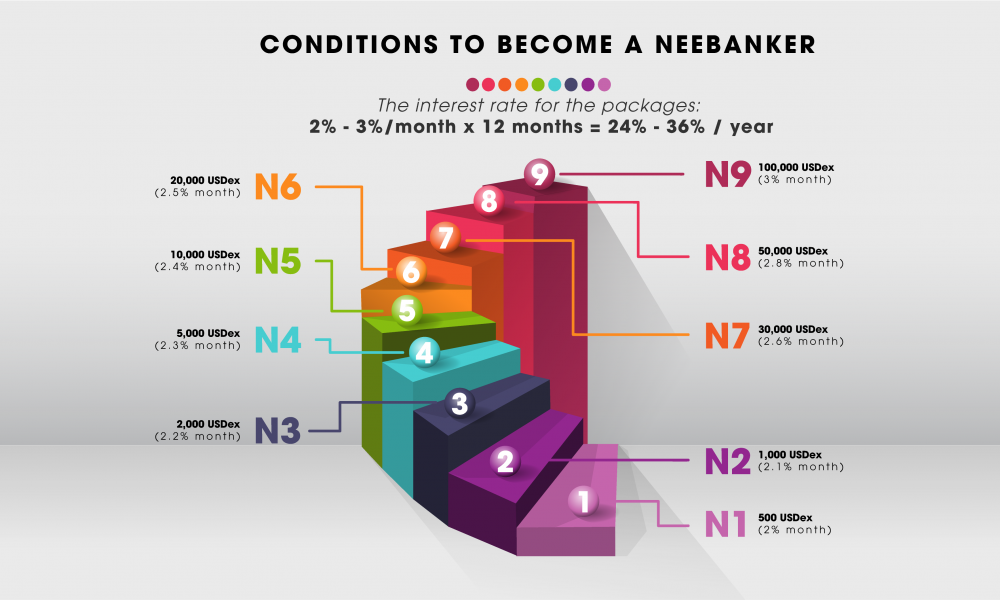
Why are Governments afraid of Money 4.0?
One of the most used and most powerful tools that governments use to influence the economy is the money supply. There are other complications like the independence of reserve banks, managing reserve ratios and setting interest rates instead of printing money straight.
Governments want to impact the economy because they benefit politically when it is considered healthy.
By borrowing newly created money for more fiscal stimulus, governments create a future debt that must be repaid. Fortunately for them, they can benefit from the devaluation of the currency for which the debt is converted. Unfortunately for those of us that want to keep that coin as a store of value. Even an interest-bearing account cannot protect you from the devaluation of your savings, plus you risk the increased risk that the bank could one day default.
Money 4.0, on the other hand, is the first decentralized peer-to-peer payment network provided by users without a central authority or middleman. That warning is the main reason governments are afraid of Money 4.0. To understand this fear, it is important to know a little bit about government and conventional currencies.
Table of contents
What should we trust in?
Fiat is a term used to describe common currencies issued by governments. Fiat currency has value because the government says it does. For an increasing number of people, that promise means nothing. After all, fiat currencies are not backed by any tangible assets. You can return money to the government in exchange for a bar of gold or silver, a can of beans, a pack of cigarettes or any other item that might be of value to you. Fiat currency is backed by the full faith and credit of the government that issued them and nothing more. If you want gold, silver, beans or smoking, you need to exchange your fiat currency with the person or organization that owns the item you want.

Controlling Currency
The government controls fiat currency. They use central banks to issue, use monetary policy to influence the economy (governments simply rob 50% of your pocket money, that is, print twice as much. money you have in your pocket). They also dictate how to transfer fiat currencies, allow them to track currency movements, allow someone to profit from that action, collect taxes on it and track criminal activity. All of this control is lost when non-government agencies (or citizens) create their own currency. Satoshi Nakamoto created Bitcoin because he was angry that the US government printed money to save capitalist corporations during the 2008 economic crisis.
Currency controls have many implications, perhaps most notably the country’s fiscal policy, business environment, and crime control efforts.
Business
Money 4.0 users do not need an existing banking system. Currencies are created in the virtual space, when so-called “miners” use the power of their computers to solve complex algorithms that act as verifiers for Money 4.0 transactions. Their reward is paid in virtual currency, stored digitally, and transferred back and forth between buyer and seller without the need for an intermediary. On a smaller scale, mileage rewards airlines operate in a similar way, allowing visitors to buy airline tickets, hotel rooms, and other items using airline miles as virtual currency.
If Money 4.0 is widely accepted, the entire banking system could become irrelevant, in other words useless. While this sounds like a great concept in the context of the banking industry’s recent behavior, there are two sides to every story. Without a bank, who would you call when your mortgage payment was hacked? How will you earn interest on your savings? Who will provide assistance when property transfer fails or technical glitches occur?
While the financial crisis gives bankers an even worse reputation than they already have, one thing is worth mentioning for the institutions that monitor the transfer of assets in a timely, efficient manner. and their reliable and relevant record keeping. There is also the issue of the fees banks earn for the services they provide. Those fees generate a lot of revenue and lots of jobs across the global banking industry. Without banks, those jobs disappear, as is the tax revenue that banks and their employees generate wages. The money transfer business will also disappear in a virtual world.
Nobody needs Western Union or its competitors if everyone is using Money 4.0.

What do you think about Money 4.0?
So what will the future be like for Money 4.0? When it exists, security will be created. You can use Money 4.0 to make purchases in many video games and some retailers like overstock.com and tigerdirect.com. You can also use Cash 4.0 to securely buy gift cards for hundreds of businesses like Home Depot, KMart and Amazon.com. However, the law in the world about Bitcoin is still unclear, this is still considered a “gray area” in the law.
 Why Should Businesses Accept Money 4.0 Now?
Why Should Businesses Accept Money 4.0 Now?





